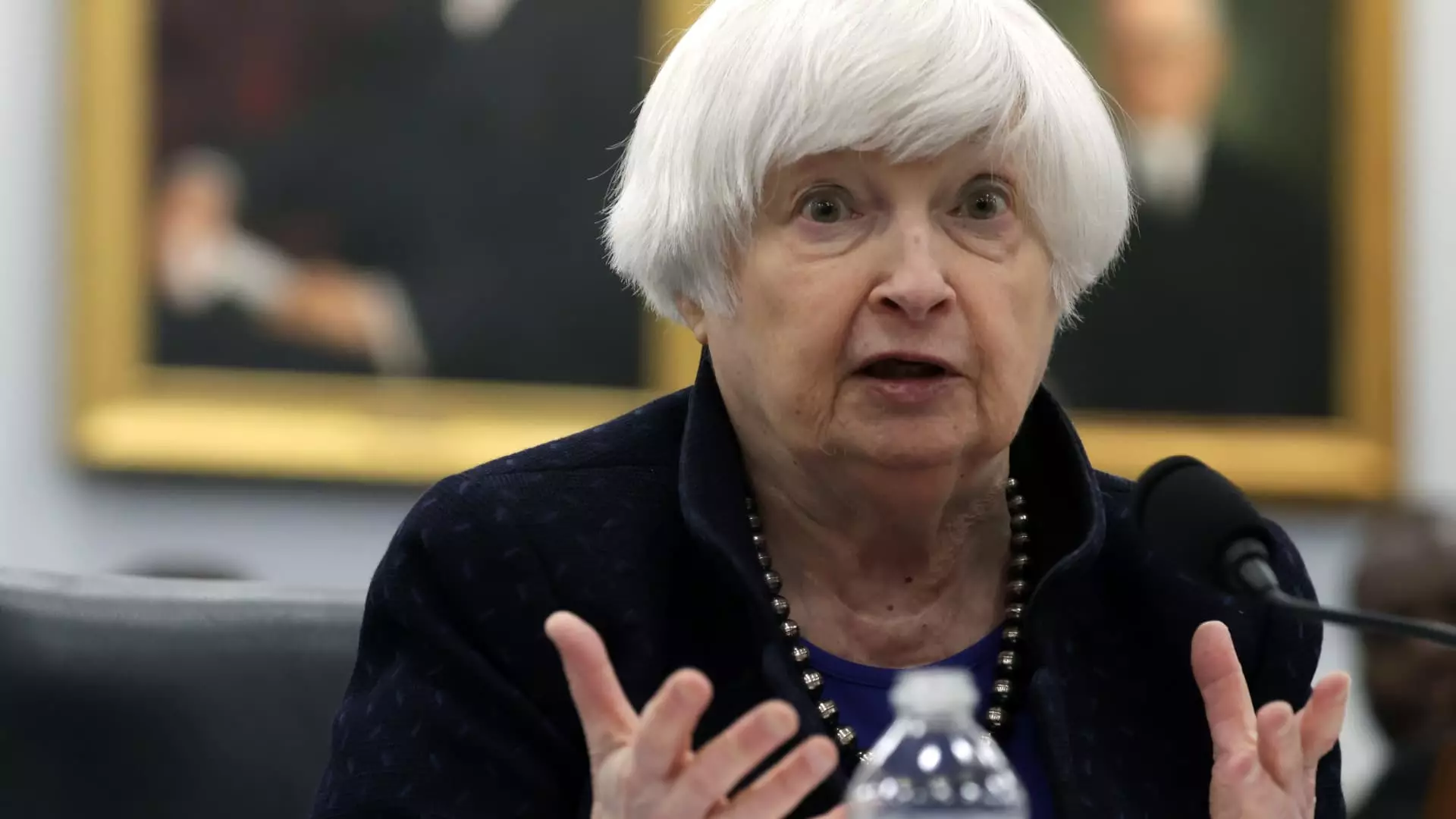Treasury Secretary Janet Yellen recently raised concerns about China’s approach to the global economy, particularly when it comes to clean energy products. Yellen highlighted how China’s excess capacity in products like solar power, electric vehicles, and lithium-ion batteries has resulted in market distortions, depressing prices globally. This issue not only affects American firms and workers but also has repercussions for companies and employees around the world.
One of the key challenges that the U.S. faces is the difficulty in competing with China’s cheaper clean energy products. The surplus of these products in China makes it challenging for green manufacturing industries in the U.S. and other countries to stay competitive. This situation not only impacts the domestic market but also disrupts global production patterns, leading to concerns about the future of these industries.
Secretary Yellen has expressed her intention to address these trade practices with Chinese officials during her upcoming visit to China. She plans to make it a key issue in discussions and press for necessary steps to be taken to rectify the situation. While the U.S. government is making investments in clean energy industries through legislation like the Inflation Reduction Act, it is clear that China has been leading the way in this sector for years.
The concerns raised by Yellen come at a time when U.S.-China trade tensions are still prevalent. Despite efforts to improve relations, issues like cybersecurity and trade imbalances continue to create challenges. President Biden’s investigation into Chinese smart cars, citing national security risks, further highlights the complexities of the relationship between the two countries.
As the U.S. government works to protect its industries from unfair competition, it is evident that the issue of China’s clean energy dumping will continue to be a point of contention. Balancing economic interests with national security concerns remains a delicate task, especially in the ever-evolving landscape of global trade. It will be crucial for both countries to engage in open dialogue and find mutually beneficial solutions to promote sustainable growth in the clean energy sector.


Leave a Reply